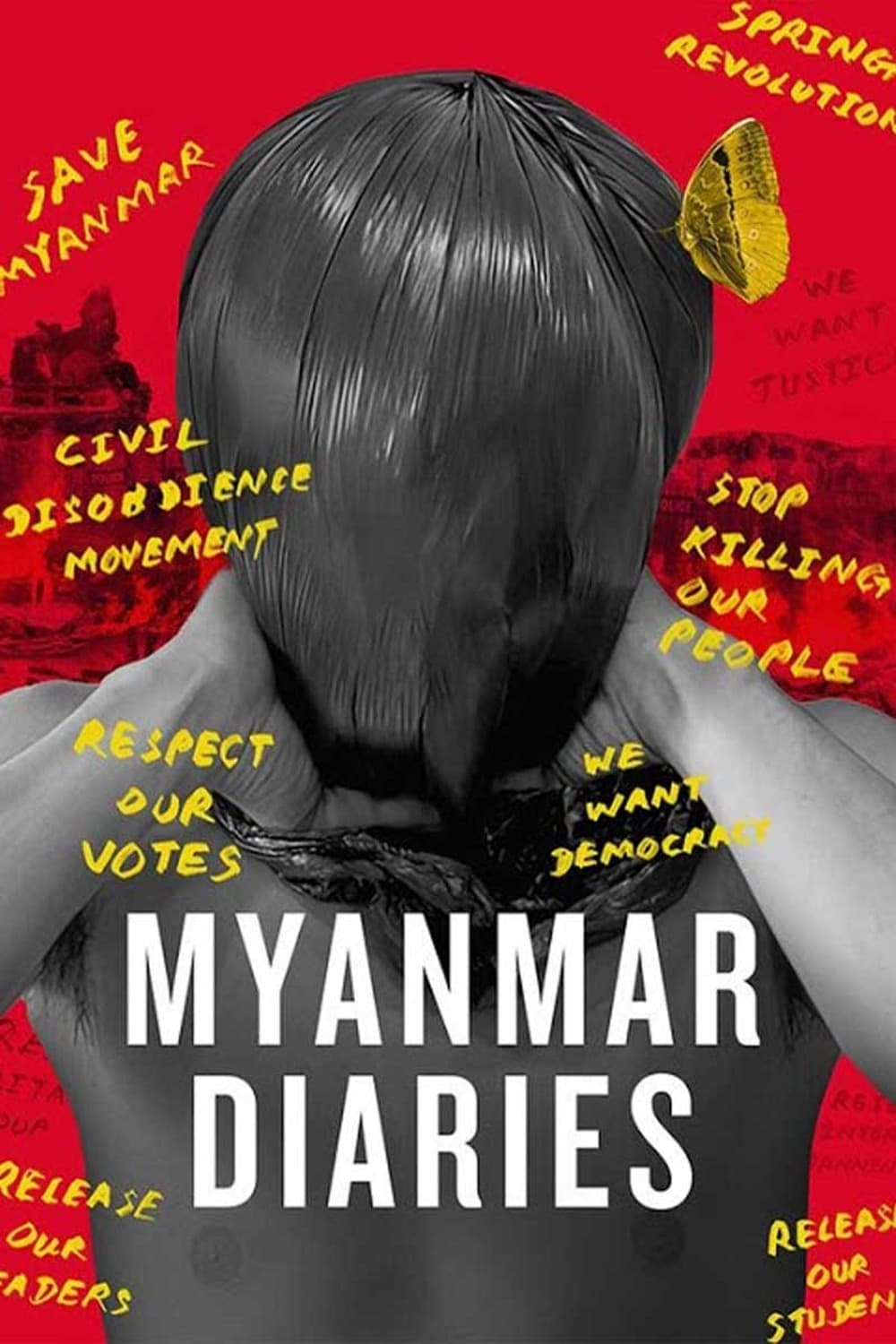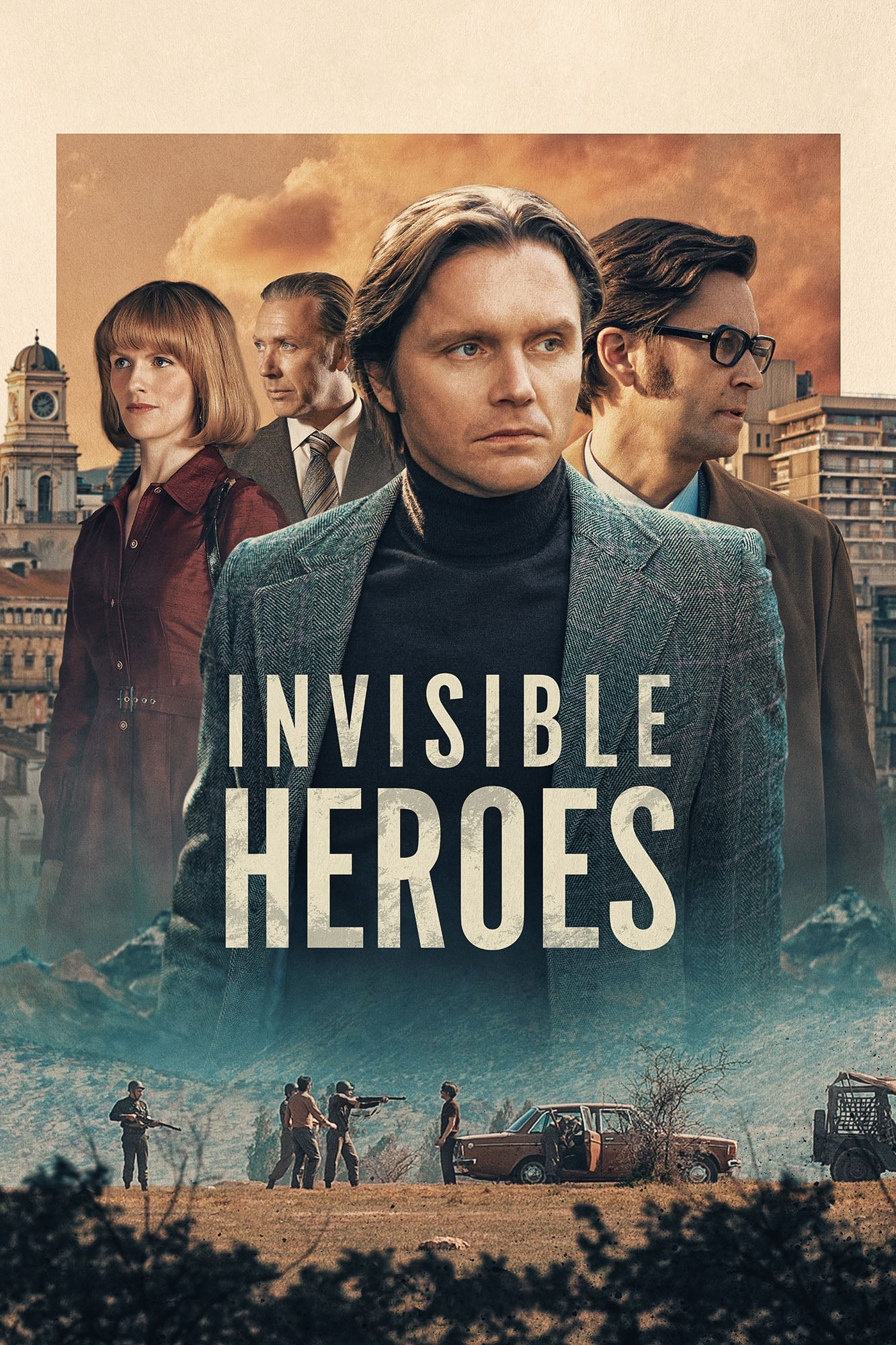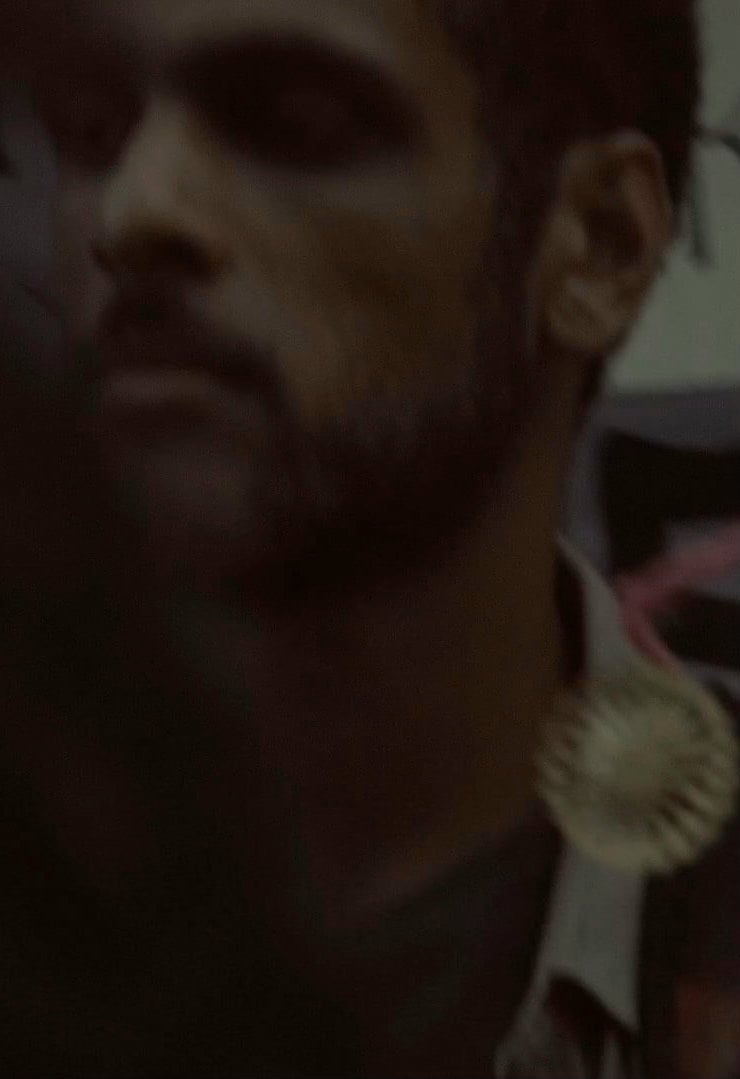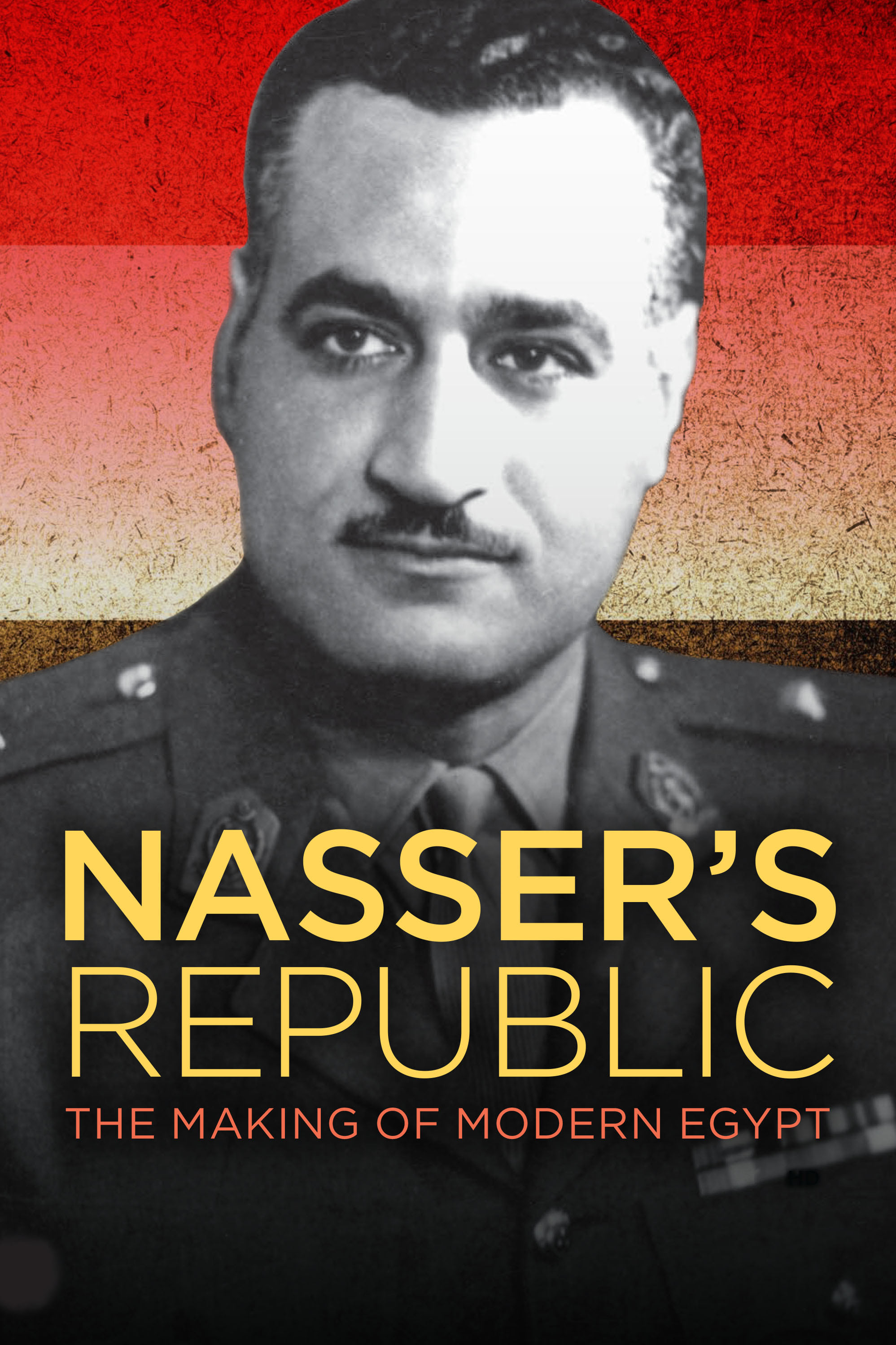
How does it feel to be forgotten by the world? A powerful collective cry denouncing the crimes of the military dictatorship installed in Myanmar after the coup perpetrated on February 1, 2021: cinema and imagination against horror and in defense of freedom.

The night of July 15, 2016 changed the history of Turkey. On that day there were coordinated attacks by parts of the Turkish army, among others in Istanbul. The aim of the military: a coup against the government. The decisive confrontation occurred on the Bosporus Bridge. While President Erdogan was still on vacation, live at TV he called on the people who were devoted to him to stand against the military. As an enemy for the masses, he presented his adversary Fethullah Gülen, whom he branded as the coup leader. He also urged the imams of the country's mosques to condition the population to resist. And so it happens that at night thousands of agitated people take to the streets to oppose the armed insurgents. The death toll was high. 352 people died across Turkey during the attempted coup. The consequences are even more serious: Erdogan used this gift, as he called it himself, to undermine democracy, to arrange mass arrests of dissidents and to transform Turkey into a dictatorship.

Images of Argentinian companies and factories in the first light of day, seen from the inside of a car, while the director reads out documents in voiceover that reveals the collusion of the same concerns in the military dictatorship’s terror.

Invisible Heroes tells the heroic tale of young Finnish diplomats in Chile during 1973’s infamous military coup. Finnish diplomats Tapani Brotherus and Ilkka Jaamala along with Tapani’s wife Lysa Brotherus helped over 2000 left-wing Chileans escape the military junta’s persecution. The Finns acted without official authorization while Swedish ambassador Harald Edelstam was the most visible defendant of human rights with the backing of Sweden’s Prime Minister, Olof Palme.

Inbetween fiction and documentary, this film sails through the brasilian street resistance following the parlamentary coup of state.

Turkey's history has been shaped by two major political figures: Mustafa Kemal (1881-1934), known as Atatürk, the Father of the Turks, founder of the modern state, and the current president Recep Tayyıp Erdoğan, who apparently wants Turkey to regain the political and military pre-eminence it had as an empire under the Ottoman dynasty.

In 1952 a young Egyptian colonel named Gamal Abdel Nasser led a coup that became a revolution, winning the support of millions of his countrymen. Over the next 18 years he challenged Western hegemony abroad, confronted Islamism at home, established the region’s first military authoritarian regime, and faced deep divisions among the Arabs.

After stirring society by leaving her groom at the alter and going directly to a prostitution house, a young model becomes the city's most famous harlot, known as "Hilda the Hurricane", in the 50's Brazil. She could do fine if it wasn't for Malthus, a young novice said to be a saint, for whom she falls in love. However, the boy is kept under the strict, severe doctrine of Father Nelson, a conservative priest intolerant even to every minor sin. Things start getting harder when Roberto, Malthus' old friend and a communist reporter (the actual author of the story), tries to interview Hilda and disclosure the real reasons behind her radical change of mind. In the meantime, the middle-classes are terrified by the "leftist threat" in Brazilian politics.
By browsing this website, you accept our cookies policy.